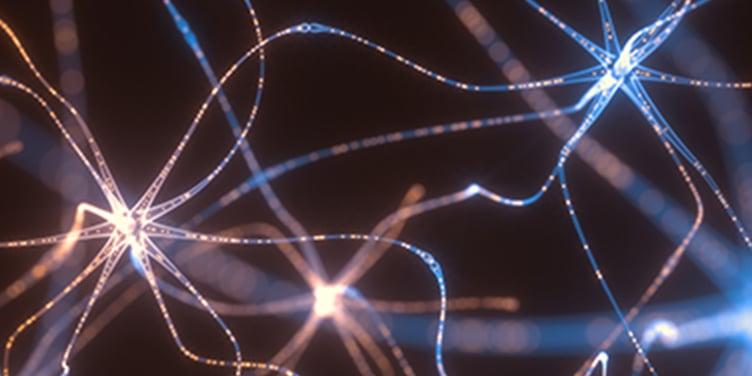
RSV antibody test
定义
Alternative Names
Respiratory syncytial virus antibody test; RSV serology; Bronchiolitis - RSV test
How the Test is Performed
A
How to Prepare for the Test
No special preparation 是必要的.
How the Test will Feel
When the needle is inserted to draw blood, some people feel moderate pain. Others feel only a prick or stinging. Afterward, there may be some throbbing or slight bruising. This soon goes away.
Why the Test is Performed
This test is done to identify someone who has been infected by RSV recently or in the past.
This test does not detect the virus itself. If the body has produced
In infants, RSV 抗体 that have been passed from mother to baby may also be detected.
正常的结果
A negative test means the person does not have 抗体 to RSV in their blood. This means the person has never had an RSV infection.
What Abnormal Results Mean
A positive test means the person has 抗体 to RSV in their blood. These 抗体 may be present because:
- A positive test in people older than infants means there is a current or past infection with RSV. Most adults and older children have had an RSV infection.
- Infants may have a positive test because 抗体 were passed from their mother to them before they were born. This may mean they have not had a true RSV infection.
- Some children younger than 24 months at high risk for RSV infection get a shot with 抗体 to RSV to protect them. These children will also have a positive test.
风险
There is little risk involved with having your blood taken. Veins and arteries vary in size from one person to another and from one side of the body to the other. Taking blood from some people may be more difficult than from others.
Other risks associated with having blood drawn are slight, but may include:
- Excessive bleeding
- Multiple punctures to locate veins
- Fainting or feeling lightheaded
- Hematoma (blood accumulating under the skin)
- Infection (a slight risk any time the skin is broken)
参考文献
克罗我. Respiratory syncytial virus. In: Kliegman RM, St. Geme JW, Blum NJ, Shah SS, Tasker RC, Wilson KM, Schor NF, eds. Nelson Textbook of Pediatrics. 21艾德. Philadelphia, PA: Elsevier; 2020:chap 287.
Hogan CA, Broadhurst MJ, Wang H, Pinsky BA. 病毒感染. In: McPherson RA, Pincus MR, eds. Henry's Clinical Diagnosis and Management by Laboratory Methods. 24日艾德. Philadelphia, PA: Elsevier; 2022:chap 64.
审核日期: 01/22/2023
The information provided herein should not be used during any medical emergency or for the diagnosis or treatment of any medical condition. A licensed physician should be consulted for diagnosis and treatment of any and all medical conditions. Call 911 for all medical emergencies. Links to other sites are provided for information only -- they do not constitute endorsements of those other sites. Copyright ©2019 A.D.A.M.公司., as modified by University of California San Francisco. Any duplication or distribution of the information contained herein is strictly prohibited.
Information developed by A.D.A.M.公司. regarding tests and test results may not directly correspond with information provided by 加州大学旧金山分校健康. Please discuss with your doctor any questions or concerns you may have.





